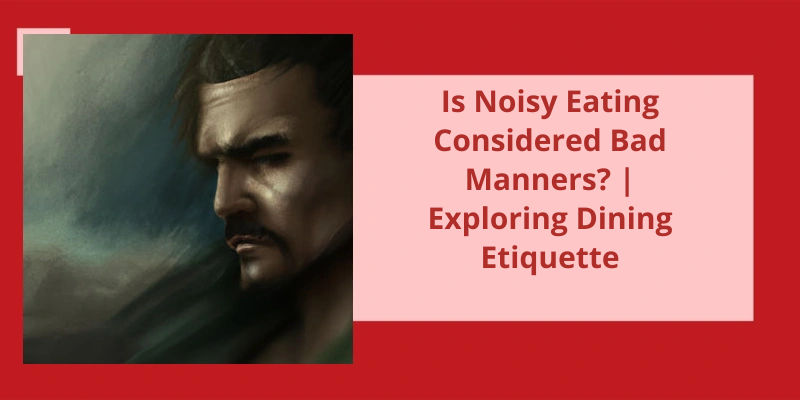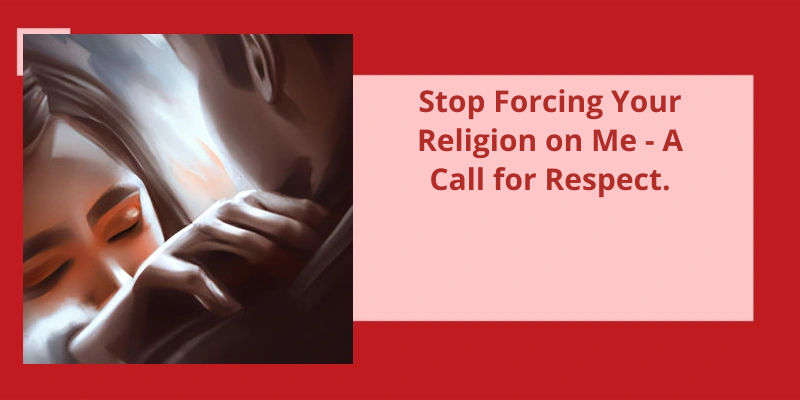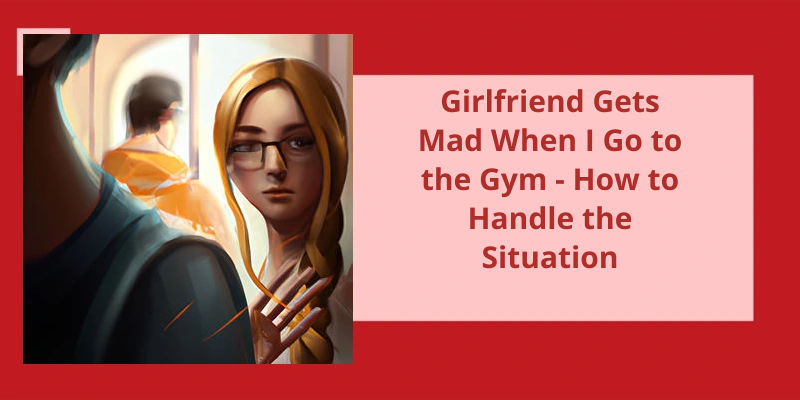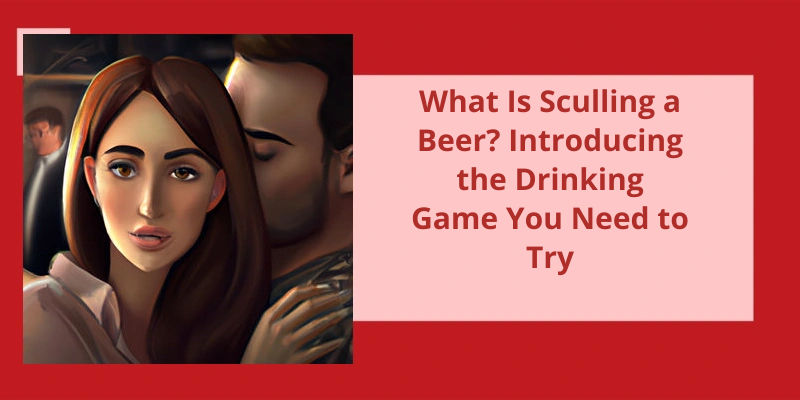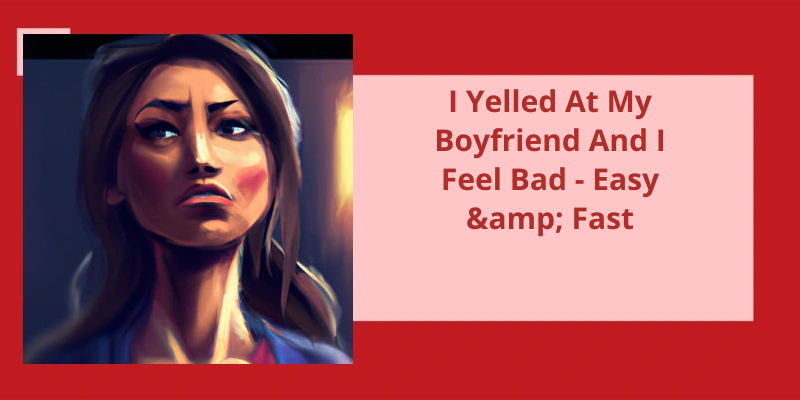For centuries, etiquette has been an essential aspect of social interaction, dictating the dos and don'ts of human behavior in various settings. Dining etiquette, in particular, has occupied a prominent position among the rules of good manners, guiding individuals on how to behave appropriately when sharing a meal. One aspect of dining etiquette that’s continually raised controversy is the issue of noisy eating. While some individuals believe that eating noisily is a sign of enjoyment or satisfaction with the food, others view it as bad manners and a social faux pas. Alongside this, they insist that slurping foods, making noise with cutlery or placing elbows on the table are also unacceptable behaviors at the dinner table.
Is It Good to Make Sound While Eating?
The study, which was conducted by a team of researchers from several universities, found that the crunching sounds associated with eating certain foods can actually enhance their flavor. In the study, participants were given a variety of foods to eat, including carrots, apples, and cookies. They were asked to eat the food either silently or while making noise, and then rate the flavor of each item.
Surprisingly, the results showed that participants rated the foods as being more flavorful when they ate them noisily. The researchers believe that this is because the sounds of chewing may enhance the perception of texture and freshness, which are important factors in how we perceive flavor.
However, the study also found that there’s a limit to how much noise is helpful. When participants were instructed to make excessively loud or prolonged chewing sounds, they actually rated the food as being less enjoyable than when they ate it quietly. This suggests that there may be a sweet spot in terms of the amount of noise that’s ideal for enhancing flavor.
Of course, this doesn’t mean that you should start smacking your lips and slurping your soup at the dinner table. Social norms around eating loudly or noisily vary greatly across cultures and contexts, and in many settings, making excessive noise while eating is considered rude or impolite. However, the results of this study do suggest that there may be some benefits to embracing the occasional crunch or snap while enjoying your favorite foods.
Overall, the study highlights the complex interplay between sensory perception and cultural norms when it comes to food. While eating loudly may not be universally appreciated, it can sometimes enhance the experience of eating. So go ahead and enjoy that carrot with a satisfying crunch – just be mindful of your tablemates, and remember that moderation is key.
Exploring the Cultural Differences in Acceptable Eating Sounds
- Chewing with your mouth closed is considered polite in most Western cultures
- In Japan, slurping noodles is seen as a sign of enjoyment and appreciation for the food
- In some Middle Eastern cultures, burping after a meal is seen as a compliment to the chef
- In China, making loud slurping sounds while drinking soup is a sign of enjoyment
- In many African cultures, licking your fingers after a meal is a sign of respect for the food and the host
- Some cultures believe that making noise while eating helps aid digestion
- Others believe that eating quietly shows respect for the food and the dining experience
The way we eat our food can be influenced by various factors, including cultural beliefs and customs. While some may encourage making noise while eating as a sign of enjoyment and appreciation, others consider it the height of rudeness. Let’s take a closer look at the practice and it’s significance in different culinary cultures.
Is It OK to Make Sound While Eating?
The question about whether it’s OK to make noise while eating is a complicated one, and the answer largely depends on the context of the meal. Some cultures, such as in Japan, actually encourage slurping and other forms of noisemaking as a way of showing appreciation for the food. In these cultures, quiet eating might actually be considered rude or even insulting to the chef.
However, in many Western cultures, loud chewing or slurping is seen as a major faux pas. It can be distracting to other diners, and can even make some people feel physically uncomfortable. For these reasons, it’s generally considered impolite to make unnecessary noise while eating in these cultures.
For example, if you’re eating a particularly crunchy or crispy food, it’s normal to hear some crunching noises as you chew. Similarly, if you’re eating with close friends or family members who don’t mind a bit of noise, it may be perfectly fine to slurp your soup or chew your food audibly.
Ultimately, the most important thing is to be aware of the cultural norms surrounding dining in the context you’re eating in. This is especially true if you’re eating in a formal setting, such as a business dinner or a fancy restaurant.
While some cultures encourage noisemaking while dining, others frown upon it. By doing so, you can ensure a pleasant dining experience for yourself and those around you.
The Science Behind Why Some People Find Loud Eating Noises So Unpleasant
- Studies show that some people have a condition called misophonia, which causes a strong emotional response to certain sounds, including chewing and slurping.
- It’s believed that the brain’s limbic system, which processes emotions and memories, plays a role in the development of misophonia.
- When a person with misophonia hears or sees a trigger sound, their brain reacts with a fight or flight response, causing feelings of anxiety and disgust.
- Misophonia is a relatively new and poorly understood condition, and more research is needed to understand it’s causes and treatment options.
- For some people with misophonia, avoiding trigger sounds is the most effective way to manage symptoms.
Source: Why Smacking when You Eat Makes Everyone Angry – Vaya
However, in most Western societies, loud eating can be considered rude and even repulsive. It can be distracting and annoying to those around you, and can even cause misophonia in some individuals. Despite this, some people still find themselves unable to eat quietly, either due to habit or lack of awareness.
Why Do Some People Eat Really Loudly?
However, in most Western cultures, loud eating is considered impolite and discourteous. It can be distracting and downright disgusting to some people. The sound of someone chewing loudly can ignite a feeling of dread and annoyance in people who’ve misophonia, a condition where specific sounds trigger emotional and physical discomfort.
Ultimately, it all comes down to personal preference and etiquette. However, in most situations, it’s best to chew with your mouth closed and avoid making distracting noises while eating. It’s a sign of good manners and consideration for those around you.
Cross-Cultural Differences in Table Manners and Food Etiquette
This topic explores how table manners and food etiquette differ across different cultures and regions. It examines the customs and practices surrounding the ways in which meals are shared and enjoyed in various societies.
Having proper table manners is important in many cultures, and it involves more than just using utensils correctly and sitting up straight. One common question that arises is whether it’s acceptable to talk while eating. While some people may see it as harmless conversation, others find it to be rude and disrespectful. In fact, there are several other food-related habits that can be considered impolite, such as licking one’s fingers or adding salt and pepper before tasting the food. Let’s explore these manners in more detail.
Is It Rude to Talk While Eating?
The art of dining isn’t just about filling up ones stomach, but also about etiquette and decorum. One of the most important rules to follow when eating is to chew with your mouth closed. It isn’t only unappealing to watch someone chomp away with food flying out of their mouth, but it’s also a clear sign of disrespect. By doing so, one is showing a lack of regard for their fellow diners and is making everyone feel uneasy.
Talking with food still in your mouth is another big no-no when it comes to dining. This not only makes it difficult for others to understand you, but it also suggests that you don’t value the other persons time. It’s crucial to finish chewing before engaging in a conversation. Moreover, it’s essential to avoid gesticulating and pointing with utensils when talking, as this can be seen as aggressive or threatening.
Licking ones fingers while dining can also be a cause for discomfort among other diners. While it might be alright at a casual outdoor barbecue, it isn’t acceptable in a formal setting. It’s best to use a napkin to wipe away any excess sauce or grease from the fingers. Similarly, eating slowly can also be seen as impolite in some cultures. It’s important to be mindful of the pace of eating and adjust according to the situation.
When it comes to seasoning food, it’s recommended to taste it first before adding any salt, pepper or other condiments. It’s vital to remember that each persons taste buds are different, and what may be hot or sour for one may not be for another. Hence, it’s considered good etiquette to wait and see if any additions are needed before seasoning ones plate.
Dining etiquette is an essential part of table manners. Chewing with your mouth closed, refraining from talking with food in your mouth, avoiding licking ones fingers, eating at an appropriate pace and tasting food before seasoning are all important aspects of dining. By following these rules, one can be polite, respectful and create a pleasant dining experience for everyone involved.
Eating Etiquette From Different Cultures Around the World
Eating etiquette from different cultures around the world refers to the customs and behaviors that are considered polite or impolite during a meal. It varies greatly depending on the region and country, and includes practices such as using specific utensils, sharing food, and expressing gratitude. Understanding these customs can help individuals show respect and build relationships with people from different backgrounds.
Understanding social norms and manners is an important part of navigating social situations. While some behaviors may be acceptable in one culture, they may be seen as rude or inappropriate in another. One common example of this is the way people chew their food. In the United States, loud chewing and other related behaviors are often viewed as impolite and offensive. This can be difficult for some people to understand, particularly if they come from a culture where such behaviors are considered normal or even desirable. Nonetheless, being aware of social norms and practicing good manners can help make interactions with others more pleasant and successful.
Is It Rude to Chew Loudly?
Most children are taught from an early age the importance of not only eating their food, but also how to do so in a polite and respectful manner. So, when someone chews loudly or slurps their soup at the table, it can be seen as a sign of poor upbringing or an unwillingness to conform to social norms.
Furthermore, when dining in public, it’s essential to remain mindful of other patrons in the restaurant or establishment. Chewing loudly can create an unwelcome distraction for others and detract from the overall dining experience. The sound of someone chewing can be loud enough to disturb the peace and ambiance that many restaurants strive to create.
In certain cultures, the act of chewing loudly isn’t seen as a sign of poor manners, but rather a compliment to the chef. However, in the US, it’s widely considered to be in poor taste. This cultural difference can lead to misunderstandings and miscommunication, especially when dining with individuals from different cultural backgrounds.
It can be seen as a sign of poor upbringing and lack of respect for others. While there may be cultural differences in the way that some people approach this issue, it’s always best to be mindful of those around you and to act in a manner that’s respectful and considerate of their feelings. So whether you’re dining out or eating in, always keep in mind the importance of basic table manners and etiquette.
How to Politely Ask Someone to Stop Chewing Loudly
If you’re annoyed by someone’s loud chewing, you can politely ask them to chew with their mouth closed or produce less noise while chewing. It’s important to use a friendly and respectful tone and try to avoid using accusatory language. You can also offer positive reinforcement if the person tries to adjust their behavior.
Conclusion
Noisy eating, slurping, and making noise with cutlery are habits that can be perceived as rude and unpleasant. Furthermore, keeping elbows off the table can show respect for the meal and fellow diners. By putting in effort to master these habits, we can showcase our consideration for others at the table while also demonstrating our own self-discipline and mindfulness. In the long run, practicing proper table manners can contribute to overall good etiquette and solidify one's position as a polite and respectable individual.

